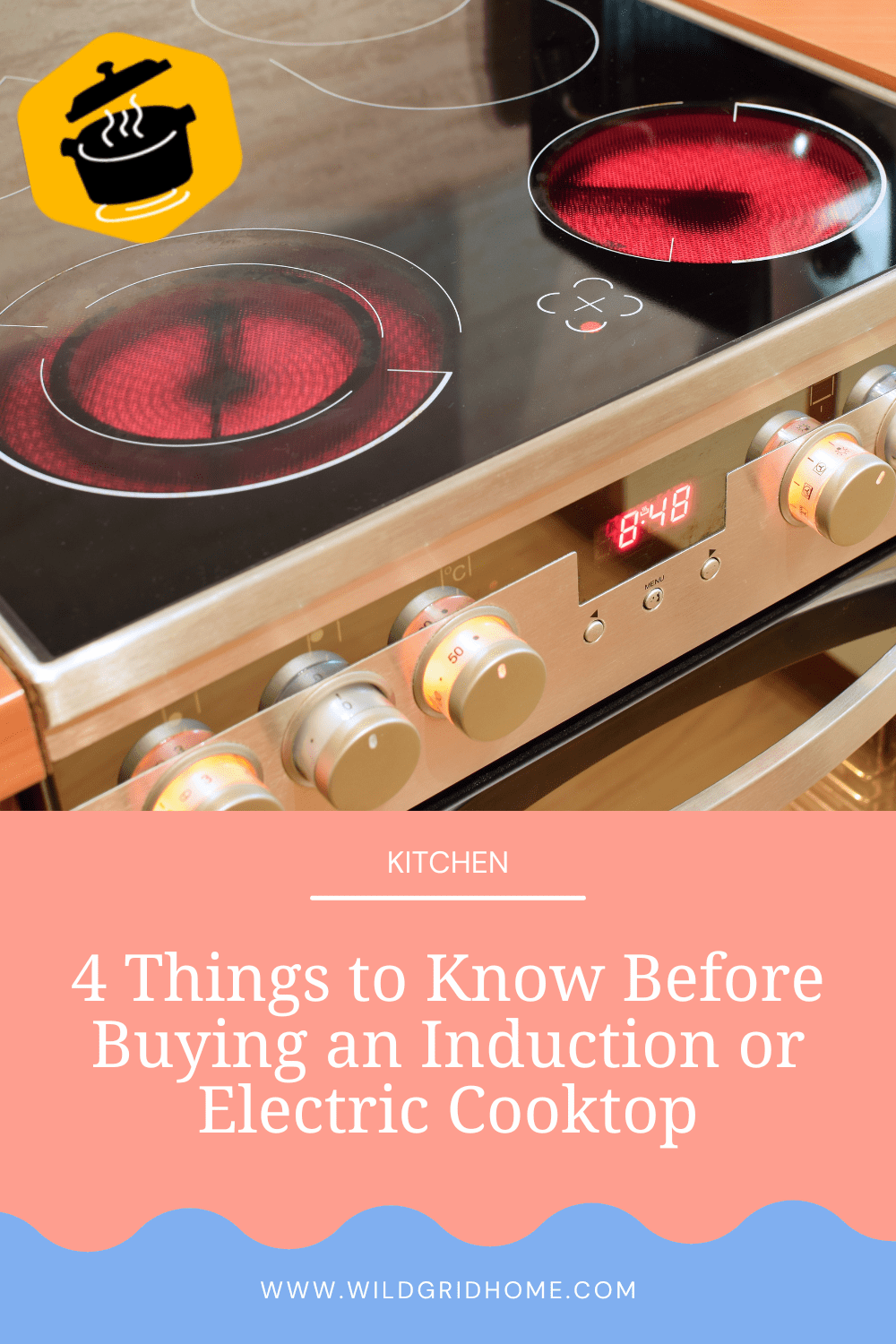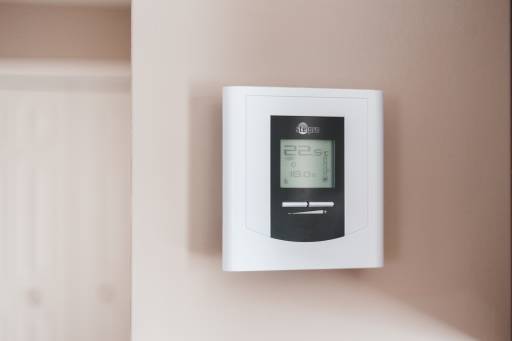4 Things to Know Before Buying an Electric or Induction Cooktop
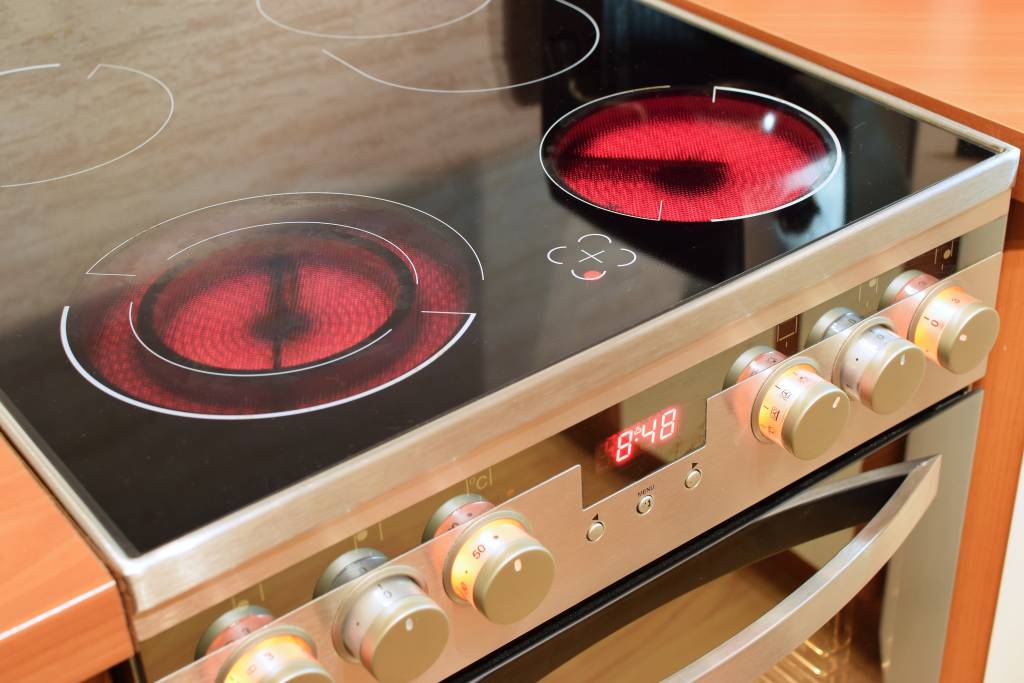
Unless you’re living under a rock, you’ve probably seen the numerous headlines about how gas stoves are seriously bad for our health. Heck, a whole STATE banned them from being in future buildings — if that’s not a sign that we need to move away from them, and fast, I don’t know what is. 😷
As for the non-gas stove options, there’s electric vs induction — two very similar, yet also very different replacements for your good ol’ flame-under-pot form of cooking. So how do you know which one is right for you?
First of all, let’s explain how each of them work so that we all understand the basic science of non-gas cooktops. Because spoiler: the fact that there is literally no flame really changes things up. 🍳
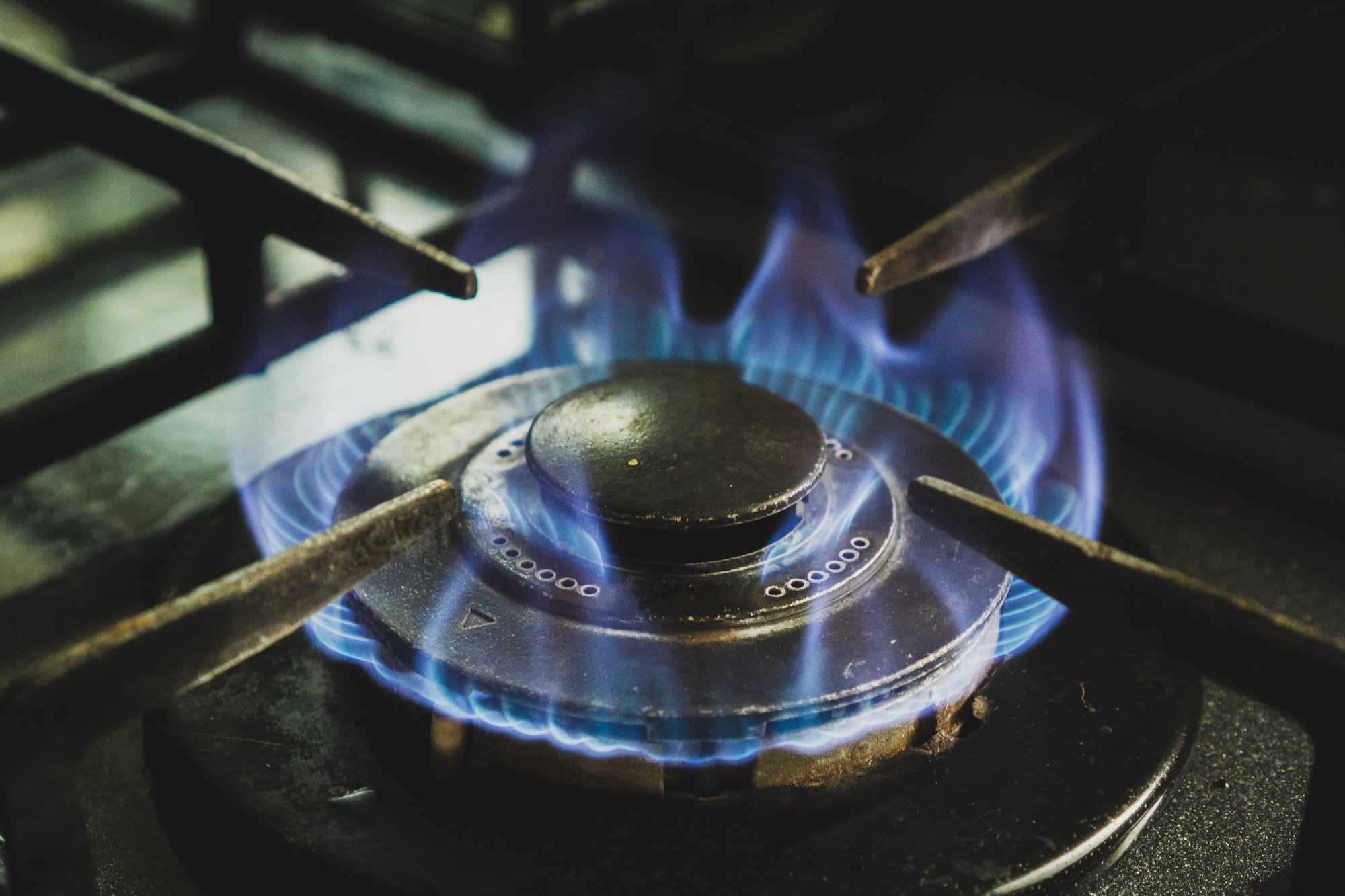
How does an electric cooktop work?
Electric cooktops kind of have a bad rep in the home chef community because historically, they haven’t been that reliable. Personally, I remember my mom telling me that she hates electric stoves because of how inconsistent they are - so much so that she traded her electric stove for a gas one. 🫠
While they may have been the enemy of the home chef in their first iteration, electric stoves are much more reliable and consistent than ever before. But let’s get in to how they actually function.
Electric stoves use a centralized heat source to heat coils that lie under the surface of the stove. These metal coils are heated with an electrical current and transfer heat to the surface which then transfers it to the pot or pan of your choice.
Those days of uneven cooking with electrical stoves are long gone, as electric stoves are much more advanced and are able to heat pans more effectively than ever before (hear that, Mom?!).
What about induction stoves?
Induction stoves heat much more efficiently, using magnetic copper wires that transfer heat through magnetism, rather than through the surface. A magnetic electrical current runs through copper wires under the stove top, creating another magnetic current in the cookware.
This means that your pot or pan will get hot, but the stove surface will not - eliminating any risk of burns, or just generally heating your whole kitchen along with your dinner. 🥵
Induction stoves are great for those who cook a lot because they are significantly more energy efficient. Instead of heating the entire surface and losing a lot of heat in the process, the induction cooktop heats pans almost instantly because it relies on that magnetism, making it 5-10% more efficient than conventional electric stoves.
Hooray for efficiency! 🥳
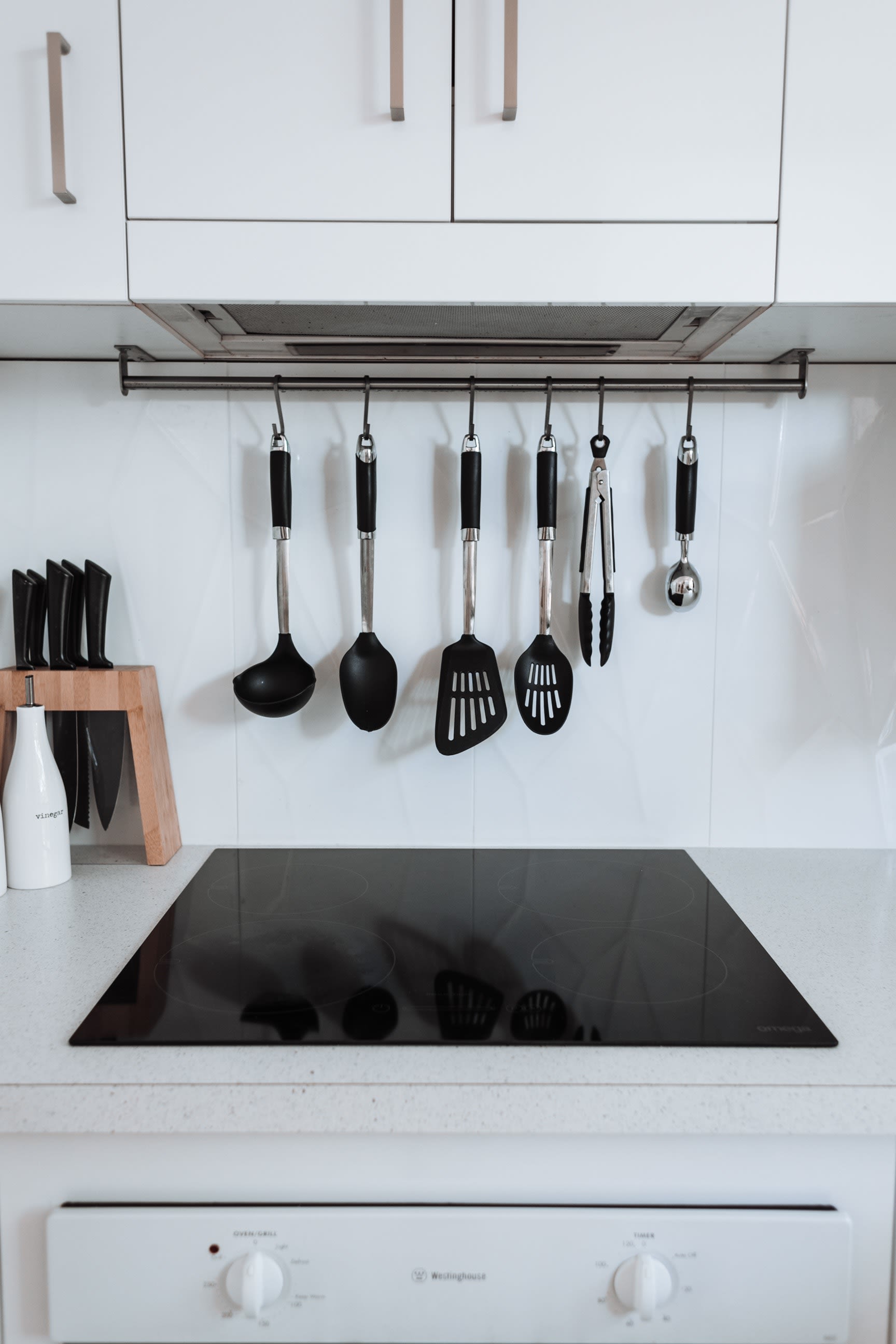
Sooo… how do I know if I want an induction vs an electric range?
If you’re debating whether or not you want an induction vs electric stove, here are a few things to consider:
🥘 Do you cook a lot?
(And be honest, the only decision this affects is you and your household!) If you cook a lot, you might want to consider an induction range because they’re more energy efficient than electric, thus saving you more energy over time.
More cooking = less energy wasted = more money saved on your electricity bill.
If you don’t cook a lot, you’re likely fine going with an electric stove that’s a little easier on your wallet and will still help reduce pollutants in your home.
👶 ****Do you have kids?
If you have young children who are always under foot in the kitchen - or better yet, wanting to join you in the cooking - an induction stove is also the way to go since you won’t have to worry as much about them burning themselves since the stovetop itself doesn’t get hot.
😷 Are you looking to reduce pollutants in your home?
If this is the primary reason for getting rid of your gas stove and switching to an electric or induction version, then either electric or induction will do the trick. Because they don’t require any gas to function, there aren’t any risks of pollutants, gas leaks, or combustion coming from either electric or induction stoves.
A big win, if you ask me. 😌
💸 Which one can I afford?
Okay, so we’ve discussed the different ways induction and electric stoves function, and now it’s time to look at the price tag to see which one is best for your budget.
If you’re a #secondhandprincess (like myself) and want to try finding your next cooktop used, you’ll likely be able to find a secondhand electric stove while not so likely to find a secondhand induction one, since they’re much newer.
In Conclusion…
Either way you frame it, switching from a gas to electric or induction stove is a swap that’s better for your health, the planet, and your wallet. Congrats!
Just deciding you want to make the switch is the first big step to having higher standards for your home. Choosing whether an electric vs an induction cooktop is right for you is really a matter of preference and budget. 😉
If you want even more help making the decision, check out our rebates calculator to see where you might be able to make the swap more affordably.
